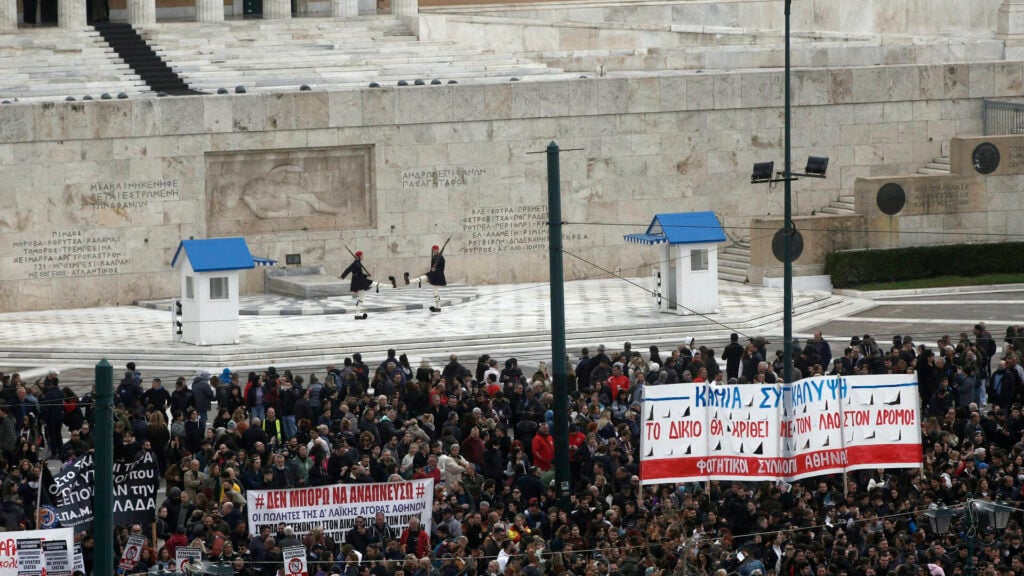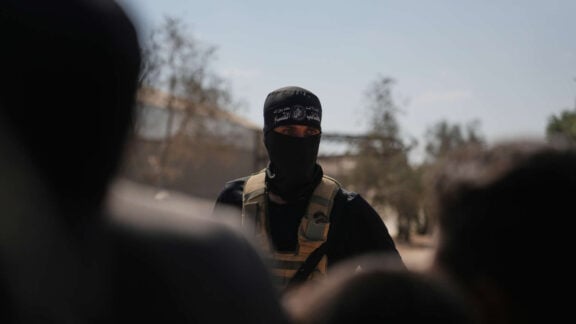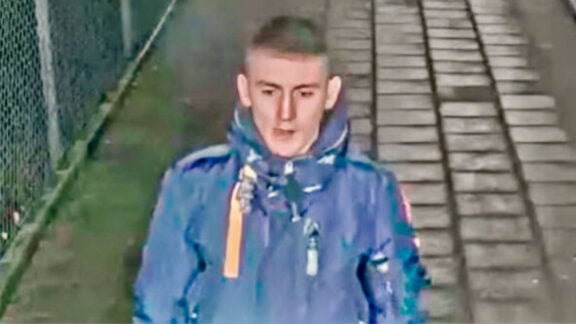The Greek conservative government has provoked a row by planning to ban protests at Greece’s top military memorial next to parliament, following a recent hunger strike there linked to a tragic rail disaster.
Prime Minister Kyriakos Mitsotakis on Sunday said on Facebook that the Tomb of the Unknown Soldier in Athens should not become “a venue for events unrelated to its purpose”.
“My answer is no… citizens can freely express themselves in thousands of other spaces with gatherings or demonstrations,” Mitsotakis said.
Legislation will be introduced to assign the memorial’s “proper operation” to the defence ministry, the premier said.
The plaza that hosts the memorial, which was unveiled in 1932, has frequently seen protesters clash with riot police.
On many occasions, the site’s guard of honour has withdrawn for its own safety.
This month, the plaza was the focal point of a 23-day hunger strike by Panos Ruci, whose son Denis was among the 57 victims of the fatal 2023 train crash that sparked a furious protest movement calling for a more thorough investigation into the tragedy.
Ruci ended his protest last week after judicial authorities belatedly agreed to hold toxicology and DNA tests on his son’s remains.
Since the train tragedy, the plaza has been marked with the names of the 57 victims in red paint and decorated with candles, flowerpots and planters.
Government spokesman Pavlos Marinakis on Monday told reporters the memorial “should not be there for any demonstration, any protest of any cause”.
He added that the site should be “cleaned, maintained and showcased”.
There was swift condemnation of the plan, with leftist daily Efsyn accusing the government of seeking to “militarise” the site.
The plaza’s preservation as a site of public protest is “imperative”, the daily said.
Greece’s main left-wing party Syriza said the decision was “a direct attack on democracy by a government that has lost all popular support, all legitimacy”.
Source: AFP









